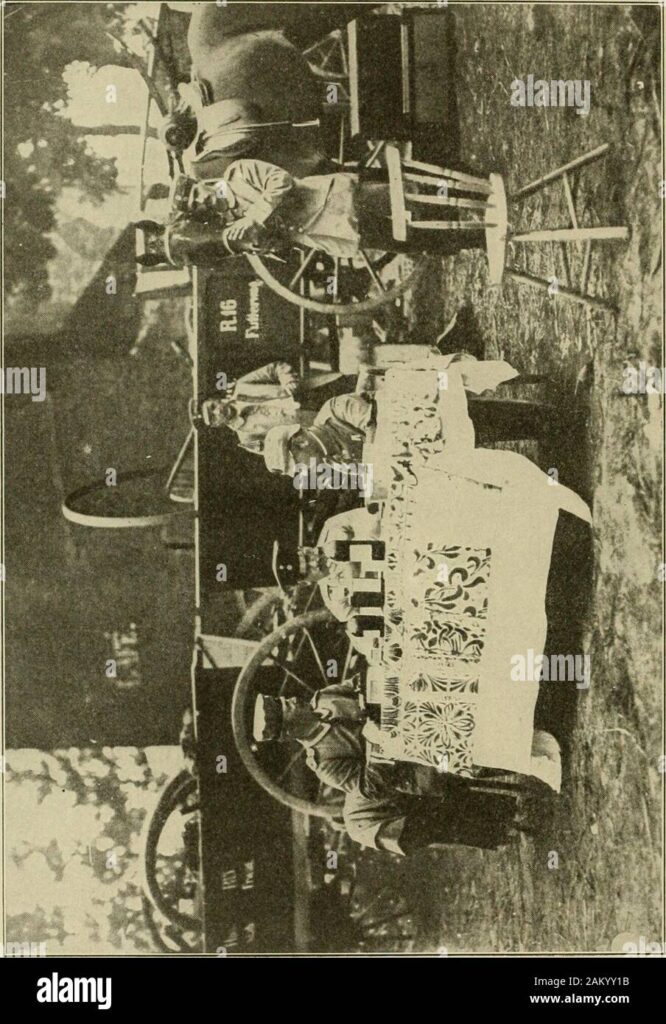World War I, also known as the First World War, was a global conflict lasting from 1914 to 1918. The causes were multifaceted, including political tensions, economic competition, militarism, nationalism, imperialism, and the alliance system in Europe. The consequences were significant, leading to political changes, economic impact, social changes, and the rise of totalitarianism in Europe. Understanding the causes and consequences of World War I is crucial to understanding the history of the modern world and the challenges we face today. The war reshaped the course of the 20th century and continues to have lasting effects on the world.
The Causes and Consequences of World War I: A Comprehensive Overview
Causes of World War I
World War I, also known as the First World War, was a global conflict that lasted from 1914 to 1918. The war was caused by a number of factors, including political tensions, economic competition, and militarism. Here are some of the key causes of World War I:
1. Alliance System
One of the main causes of World War I was the alliance system that had developed in Europe leading up to the war. European powers had formed various alliances with each other, dividing the continent into two main camps: the Triple Entente (comprised of France, Russia, and the United Kingdom) and the Triple Alliance (comprised of Germany, Austria-Hungary, and Italy). When tensions rose between these alliances, it set the stage for war.
2. Nationalism
Nationalism, or the belief in the superiority of one’s own nation, was another major cause of World War I. Nationalist sentiments were strong in many European countries at the time, leading to conflicts over territory and resources.
3. Imperialism
The scramble for colonies and resources in the late 19th and early 20th centuries also contributed to the outbreak of World War I. European powers were competing for control of territories in Africa, Asia, and the Balkans, leading to increased tensions between nations.
4. Militarism
Militarism, or the belief in the importance of military power and preparedness, was a significant factor in the lead-up to World War I. European powers had been building up their armies and navies in the years leading up to the war, creating a sense of militaristic competition between nations.
Consequences of World War I
The consequences of World War I were far-reaching and had a lasting impact on the world. Here are some of the key consequences of the war:
1. Political Changes
World War I resulted in significant political changes in Europe. The war led to the collapse of several empires, including the Austro-Hungarian, Ottoman, and Russian empires. New countries were created out of the ashes of these empires, leading to a reshuffling of political boundaries in Europe.
2. Economic Impact
World War I also had a major economic impact, causing widespread devastation and leading to a global economic downturn. The war led to the loss of millions of lives and resources, and it took years for countries to recover from the damage inflicted by the conflict.
3. Social Changes
The war also brought about significant social changes, particularly in terms of gender roles and labor relations. Many women entered the workforce for the first time during World War I, taking on roles traditionally held by men. The war also led to the rise of labor movements and increased demands for workers’ rights.
4. Rise of Totalitarianism
World War I also paved the way for the rise of totalitarian regimes in Europe. The chaos and instability caused by the war created an environment in which authoritarian leaders could seize power, leading to the rise of regimes like fascism in Italy and Nazism in Germany.
Conclusion
World War I was a complex and multifaceted conflict that was caused by a combination of political, economic, and social factors. The war had far-reaching consequences that shaped the course of the 20th century and continue to reverberate to this day. Understanding the causes and consequences of World War I is crucial to understanding the history of the modern world and the challenges we face today.
